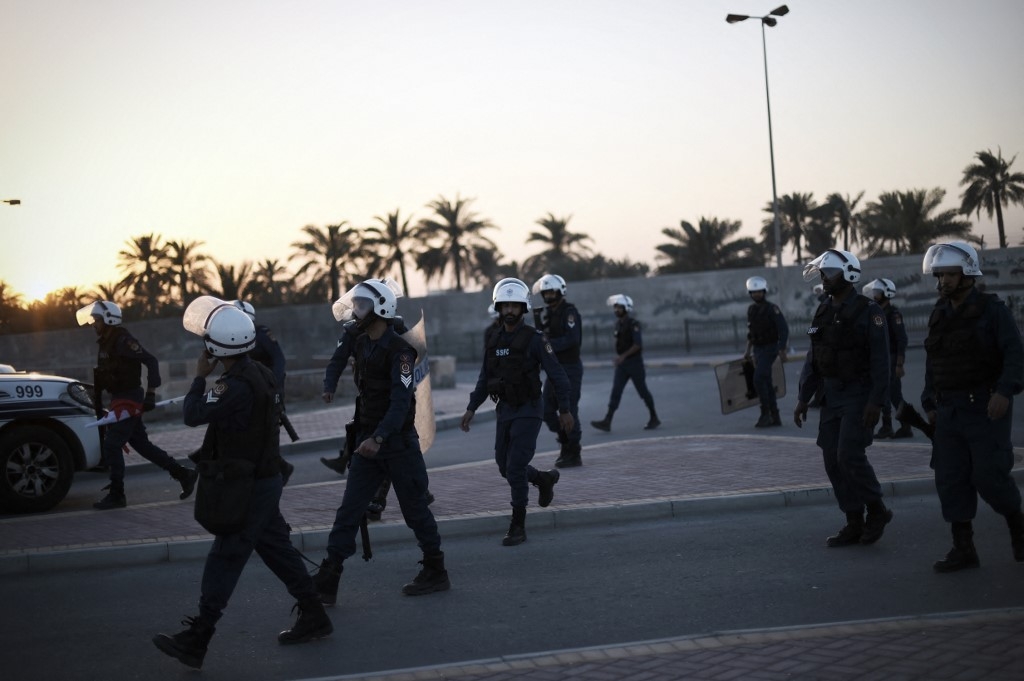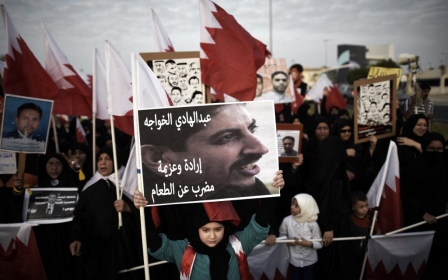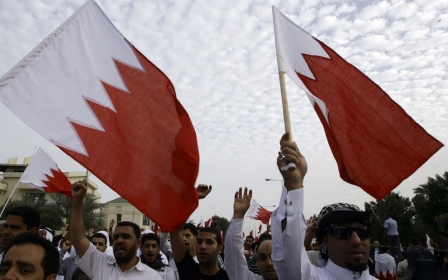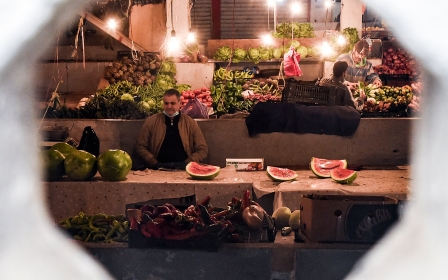UN calls on Bahrain to investigate 'violent repression' in notorious Jau prison

The United Nations has condemned the use of "unnecessary and disproportionate" force against a peaceful sit-in at Bahrain's notorious Jau prison, where inmates have allegedly been tortured in the past, and called for an investigation into the matter.
Inmates at the prison had begun a protest in the second week of April to highlight the lack of access to medical treatment, which, although being an issue for several years, has become a larger problem amid the ongoing Covid-19 pandemic. The sit-in began after a prisoner died due to a lack of healthcare access, according to the UN.
On 17 April, riot police entered the prison to suppress the protest and "threw stun grenades and beat detainees on their heads," causing a number of injuries.
Since then, 33 prisoners have been held in incommunicado detention, adding up to a total of at least 60 prisoners that have been deemed missing, according to the Bahrain Institute for Rights and Democracy (BIRD).
"We call on the Government to immediately launch a thorough and effective investigation into the violent repression of the sit-in at Jau prison," the Office of the UN High Commissioner for Human Rights (OHCHR) said in a statement on Friday.
"We also urge them to provide information on the well-being of the 33 prisoners currently held in incommunicado detention, and to ensure they are able to contact their lawyers and families."
Tensions had been rising in the country's main Jau prison since an outbreak of Covid-19 last month, which authorities said had been contained. Outside the prison, detainees' families have been holding small protests demanding the release of political prisoners and better conditions.
In a statement released after the incident, the Bahrain interior ministry said "security and legal procedures were taken today against [prisoners], in which they were involved in chaos and violence against police personnel".
'Repression intensified in recent months'
On Thursday, 10 British MPs wrote a letter to UK Foreign Secretary Dominic Raab highlighting the enforced disappearances at the prison, according to BIRD.
The MPs also criticised the government for promoting the Bahraini authorities' narrative of events, which they said was false and based on "unsubstantiated assurances from discredited Bahraini bodies".
In response to a question about the incident at the prison on 17 April, UK Minister for Foreign, Commonwealth and Development Affairs James Cleverly said the government was in contact with Bahrain and that "prison staff took necessary measures" to subdue any security threats.
Also on Thursday, BIRD reported that more than a dozen families of political prisoners in Bahrain delivered letters to the US Embassy in Manama as well as to the UN resident coordinator in Bahrain, Mohamed El Zarkani, urging them to "take immediate steps to ascertain the wellbeing and whereabouts of [their] children and family members".
The letters' signatories called out US President Joe Biden in particular, saying that, while "the extent of repression in Bahrain has only intensified in recent months," there has been "no evidence that either your embassy or the White House have taken action to curb the abuses of your Bahraini allies".
"The world's foremost human rights body has now called on Bahrain to immediately disclose the fate of the assaulted inmates, while the US and UK governments have remained silent," said Sayed Ahmed Alwadaei, director of BIRD.
"Human rights should never be subordinated to geopolitics - such silence will only embolden Bahrain to continue its brazen breaches of international law."
Middle East Eye propose une couverture et une analyse indépendantes et incomparables du Moyen-Orient, de l’Afrique du Nord et d’autres régions du monde. Pour en savoir plus sur la reprise de ce contenu et les frais qui s’appliquent, veuillez remplir ce formulaire [en anglais]. Pour en savoir plus sur MEE, cliquez ici [en anglais].





